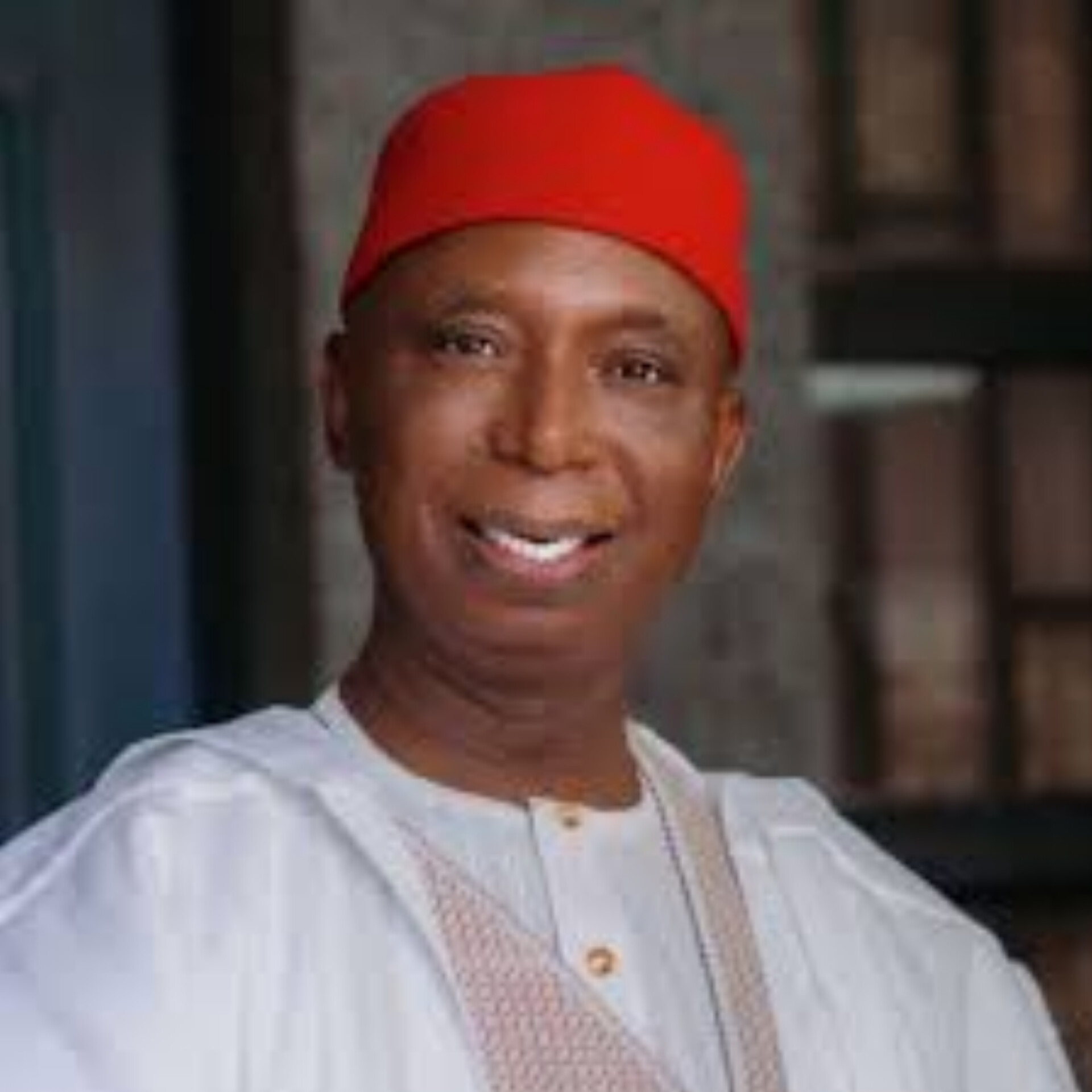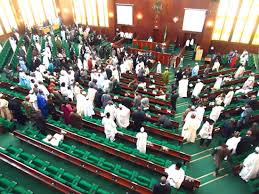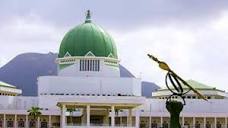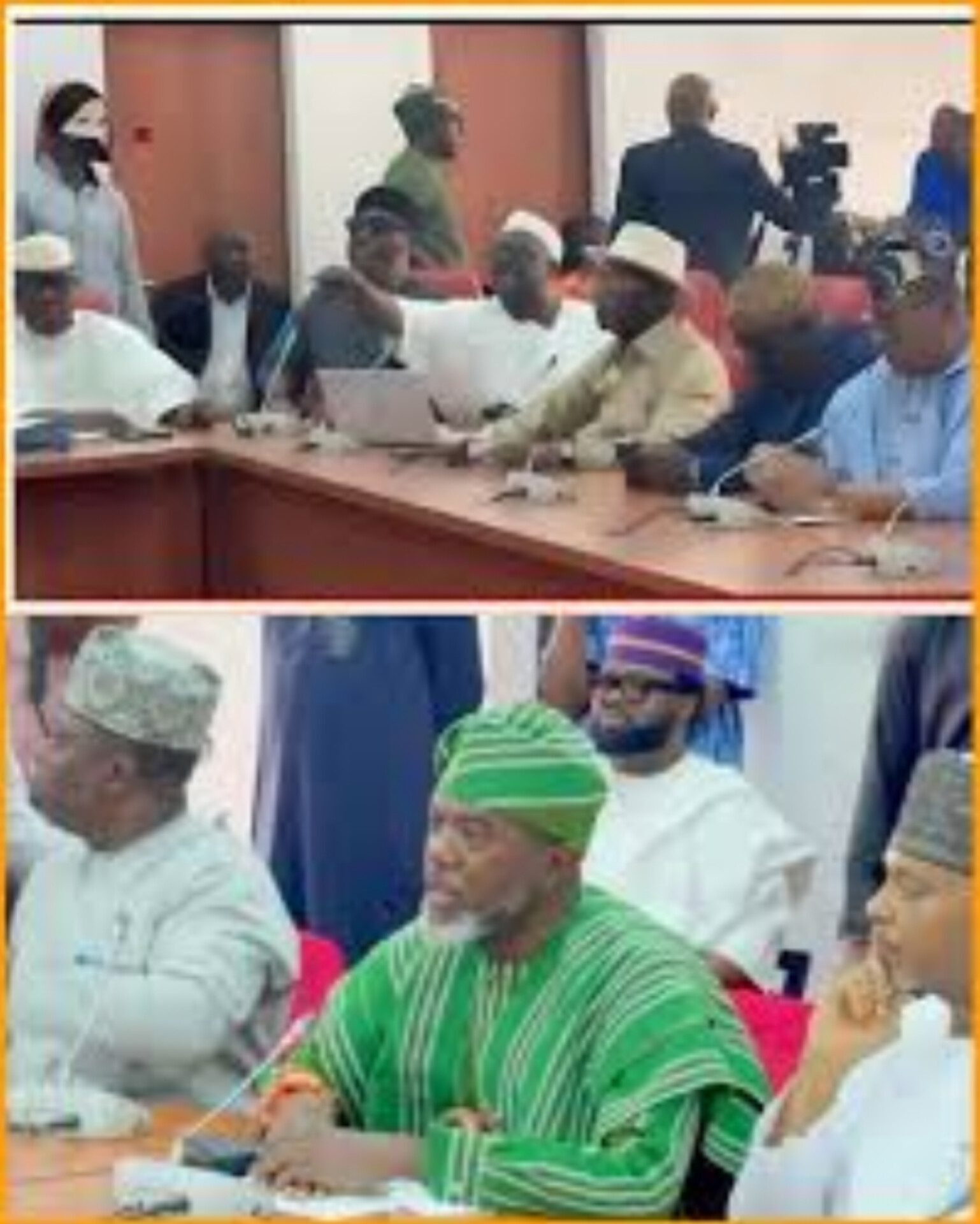The Senate on Tuesday ordered a thorough probe into the actions of some security forces and militia groups taking advantage of sophisticated methods to steal crude oil in the country.
This came through a motion during Tuesday’s plenary sponsores by Senator Ned Munir Nwoko (Delta North), who gave statistical data that have shown that pipeline vandalism and oil bunkering had brought Nigeria into serious socio-economic crisis.
He said oil theft has cost Nigeria a staggering revenue loss of N2.3 trillion this year.
The lawmaker alleged that some bad eggs within the security agencies conspired with unscrupulous figures within the oil industry to engage in illicit activity of oil theft.
This, he said, undermined the collaborative efforts of the Joint Task Force of the Nigerian military and other various security entities to combat the menace.
Nwoko said, “The current collaborative efforts involving the Joint Task Force of the Nigerian military, operations like Operation Delta Safe and Operation Dakartada Barawo, along with the contributions of various security entities, state and local governments, and International Oil Companies (IOCs) in the Niger Delta region have yielded positive results.
“These efforts have led to an increase in oil production, reaching 1.51 million barrels per day in the first quarter of 2023. This figure marks an improvement from the 1.49 million barrels per day recorded in the same quarter of 2022 and is notably higher than the production volume of 1.34 million barrels per day in the fourth quarter of 2022.
“Despite the efforts of certain military personnel and security agencies like the Nigeria Security and Civil Defense Corps (NSCDC) and Department of State Services (DSS) in combating oil theft in the Niger Delta region, there are individuals within these institutions who engage in illicit activities.
“These individuals collaborate with unscrupulous figures within the oil industry to undermine the nation’s economy.
“Also observes that it has come to attention that oil theft in Nigeria thrives due to a troubling collaboration between security forces, militia groups, the local population, and certain employees within oil companies.
“These parties employ sophisticated methods to carry out theft from oil facilities located within the country. Given Nigeria’s vast oil and gas reserves, one would expect crude oil production to continuously increase, aligning with OPEC’s production quota of 1.74 million barrels per day.”
Senator Nwoko further said there had been accusations and counter-accusations of oil bunkering and various other crimes between the military and local militia groups.
These allegationsm he said, underscored the significant level of sabotage and disruption to the nation’s economic backbone.
“In 2022, it was reported that Nigeria suffered daily losses of approximately 437,000 barrels of crude oil, amounting to a value of $23 million, due to criminal activities.
“In March 2023, Nigeria incurred a substantial loss of 65.7 million barrels of crude oil, valued at $83 per barrel, translating to a staggering revenue loss of N2.3 trillion as a result of oil theft,” he added.
He, therefore, urged the Senate to carry out a holistic investigation into the activities of the oil thieves and their collaborators in the security forces.
Senator Buhari Abdulfatai (APC, Oyo) called for punitive measures to combat oil bunkering.
“We carry out investigations every year but at the end, nothing has come out of it. We need to review our laws and take punitive measures against oil thieves,” he said.
Senator Adams Oshiomhole (APC, Edo) said oil theft was an organised crime involving the bunkers and the security operatives.
This, he said, explained why many security agents lobbied their superiors to be posted to the oil producing communities.
The Senate, therefore, directed its committees on Petroleum Resources (Upstream, Downstream and Gas), Host Communities and Niger Delta Affairs) to carry out holistic investigation into the actions of security forces, militia groups, the locals, oil company employees and any individual or entity suspected to be using sophisticated methods to pilfer from oil facilities.
In his remarks, Senate President Godswill Akpabio said oil theft had impacted negatively on the country’s oil production capacity despite its growing population.
He asked the committees to carry out a thorough brobe and report back to the Senate in six weeks.
Senate moves to tackle alleged theft by security forces, militia groups




